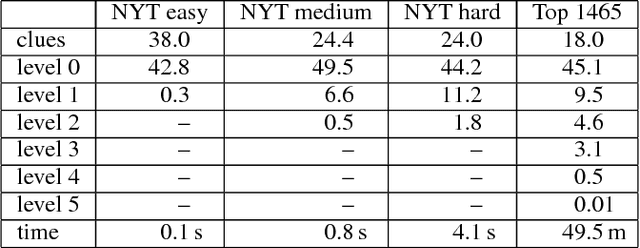A Reasoning System for a First-Order Logic of Limited Belief
Paper and Code
May 04, 2017

Logics of limited belief aim at enabling computationally feasible reasoning in highly expressive representation languages. These languages are often dialects of first-order logic with a weaker form of logical entailment that keeps reasoning decidable or even tractable. While a number of such logics have been proposed in the past, they tend to remain for theoretical analysis only and their practical relevance is very limited. In this paper, we aim to go beyond the theory. Building on earlier work by Liu, Lakemeyer, and Levesque, we develop a logic of limited belief that is highly expressive while remaining decidable in the first-order and tractable in the propositional case and exhibits some characteristics that make it attractive for an implementation. We introduce a reasoning system that employs this logic as representation language and present experimental results that showcase the benefit of limited belief.
 Add to Chrome
Add to Chrome Add to Firefox
Add to Firefox Add to Edge
Add to Edge